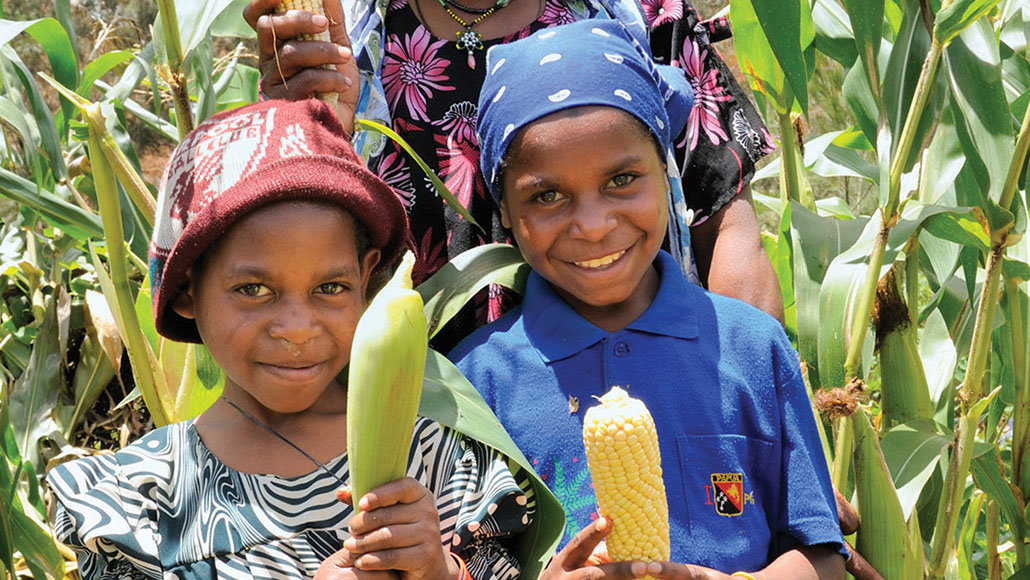Land use and resettlement
selected item
Our business includes socioeconomic input and risk assessments when choosing sites and land use, with the purpose of reducing risks and minimizing cost and schedule impacts.
Prior consultation should be conducted when the temporary or permanent use of land for exploration, development or production purposes has the potential to impact individuals, households or entire communities.
Land access and acquisition, resettlement (avoidance of), compensation, and cash management is done in a fair and transparent manner following ExxonMobil’s Upstream Land Use Standards.
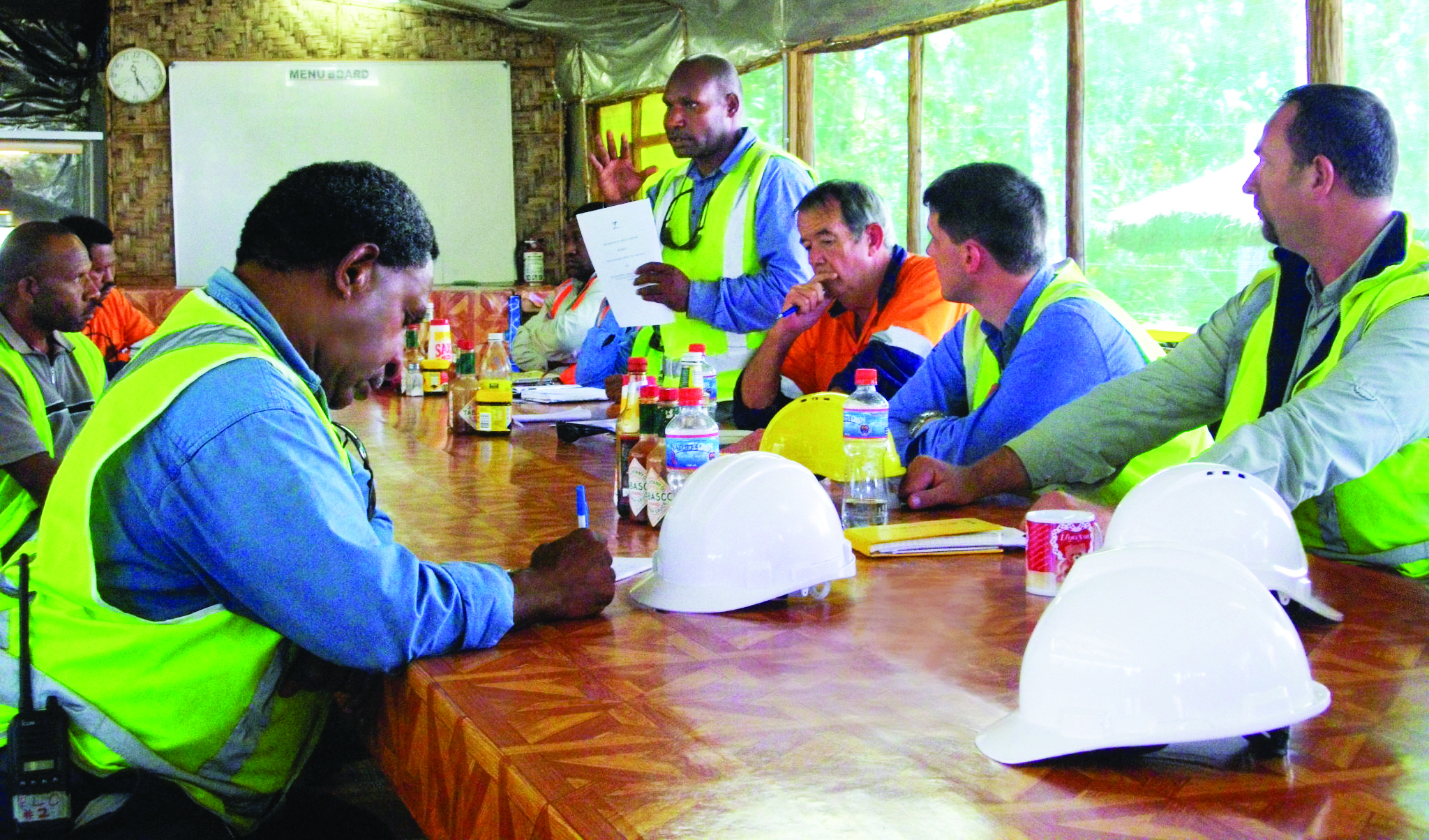
Papua New Guinea’s Food and Agriculture Program
In countries such as Papua New Guinea with traditional landownership tenures, a social license to operate is a critical part of our business. We gain license to operate through our relationships with local communities, which not only own the land but also reside within the area where we operate. We recognize that it is their livelihood environment as much as it is our business environment.
The Papua New Guinea liquefied natural gas project’s Food and Agriculture Program provides assistance for displaced or impacted people. Helping families generate income and grow a nutritious food supply is the key objective. As many people in Papua New Guinea practice subsistence agriculture, the Papua New Guinea liquefied natural gas project has helped many resettled families establish gardens through training, as well as providing agricultural tools, planting materials for important food staple crops, vegetables and fruit trees, and small livestock, such as poultry and pigs. Households also receive training in nutrition and hygiene, and learn how to bake products that are then sold in local markets. The benefits of this program have extended well beyond resettled households, with community members around the project area now also participating in some of the activities.
Related content
Community relations
Understanding and addressing the interests of societies and communities where we work is an important component of maintaining a successful and sustainable business.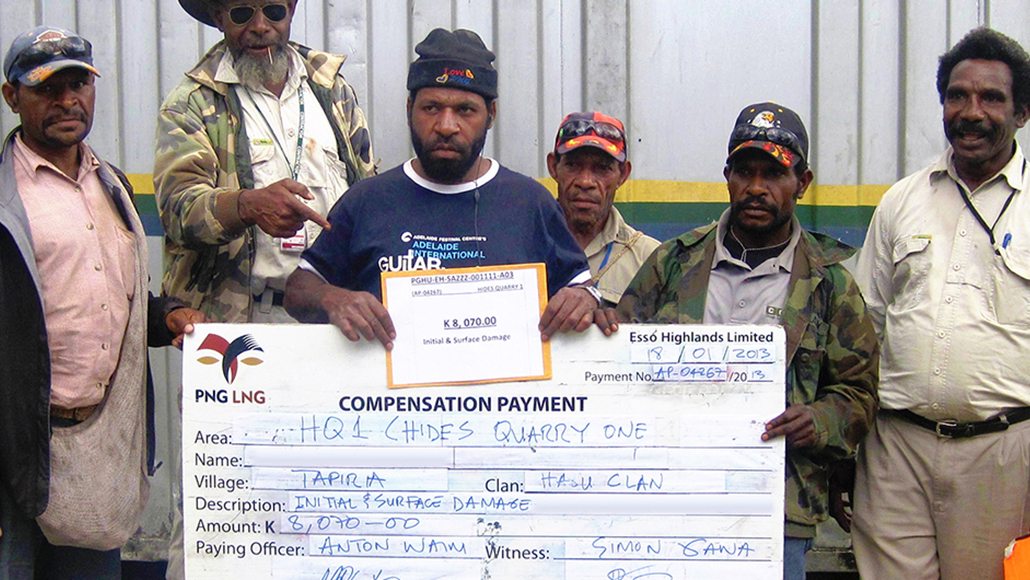
Transparency and anti-corruption
We are committed to preventing corruption, complying with all legal requirements, operating with the highest ethical business practices and communicating openly with transparent processes.
Economic development
Our activities produce direct and indirect benefits to communities wherever we do business — an essential way is through the development of a globally competitive local workforce and local supply chain.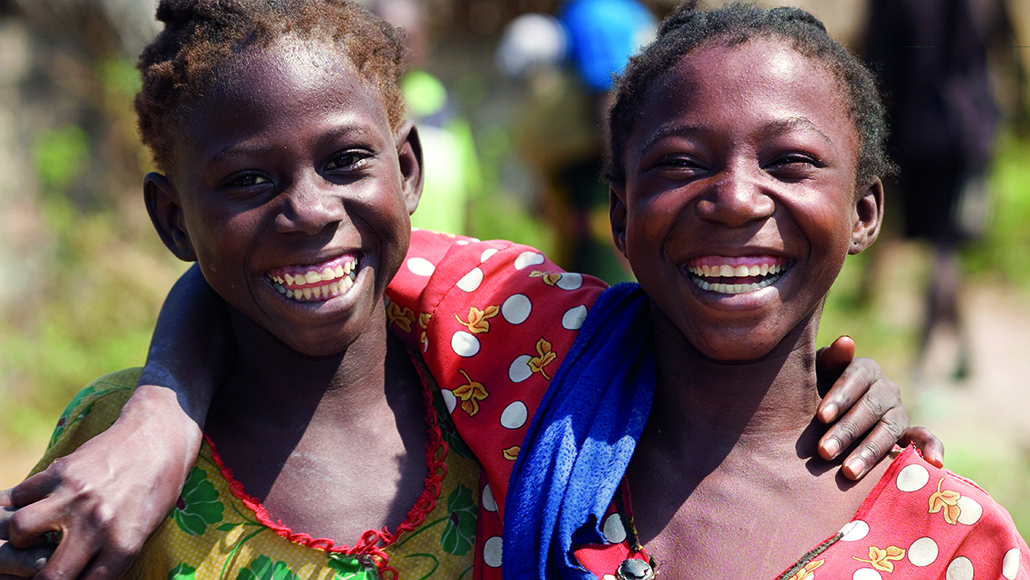
Cultural heritage and diversity
We respect local cultures, beliefs and diversity. We rely on local knowledge, ideas, skills and culture to find the right balance between economic development and protecting cultural heritage.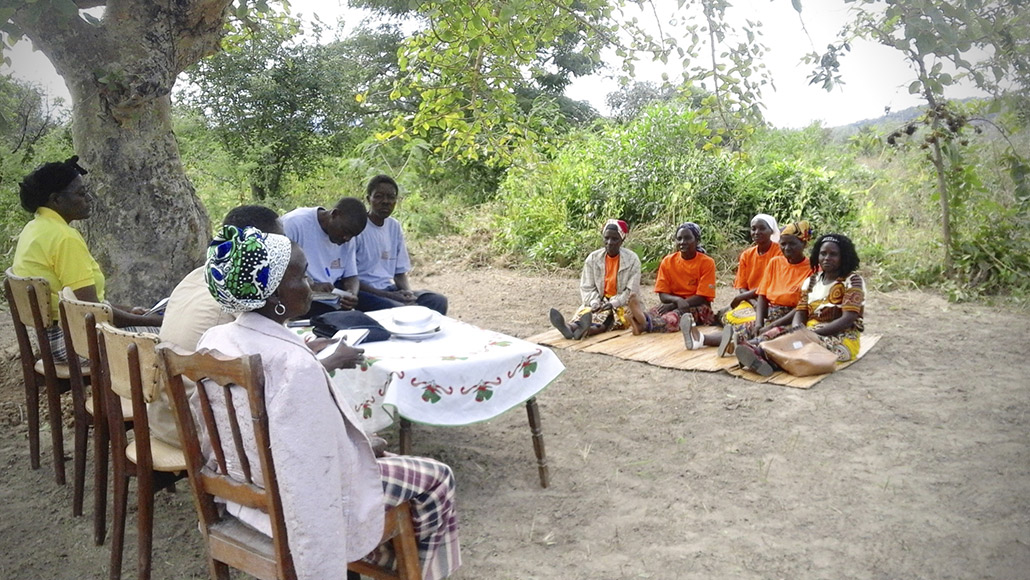
What is socioeconomic management?
Simply stated, the term “socioeconomic” refers to the collective social and economic effects that our activities can have on the people and communities where we work.